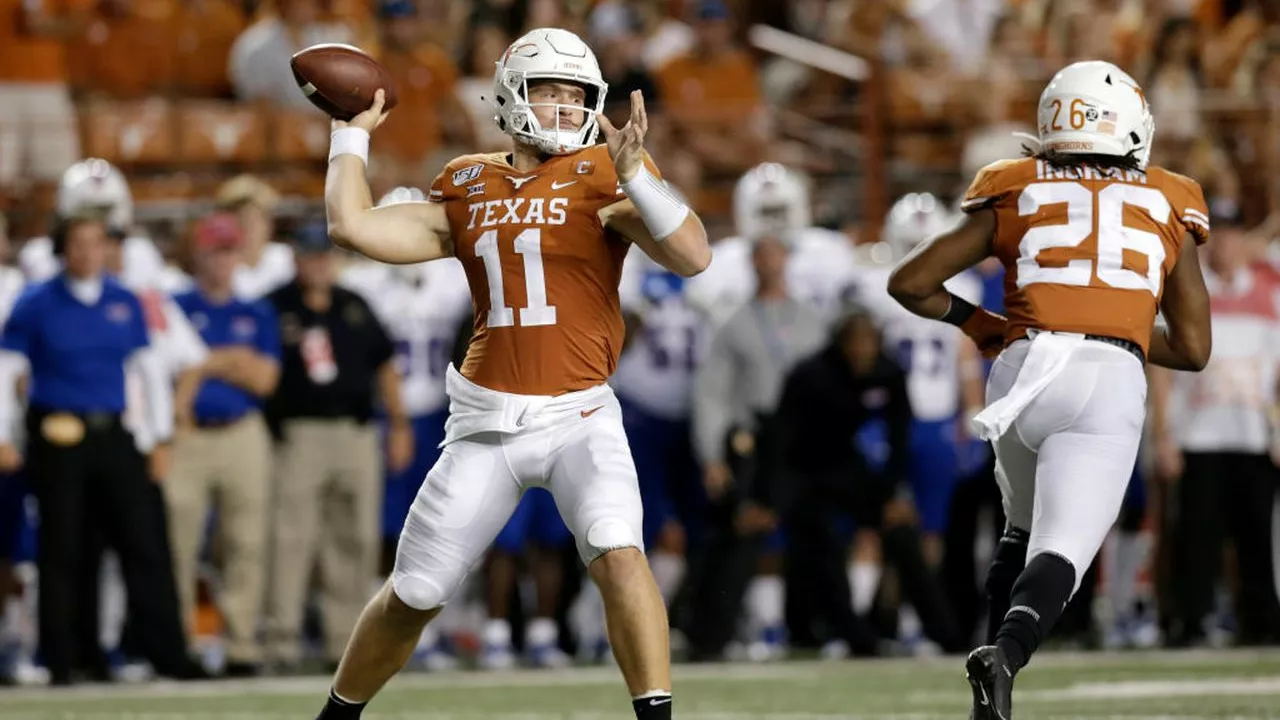Start and End Dates: Why Timing Matters in Sports and Events
Ever wondered why a match feels different depending on when it’s played? The answer often lies in the start and end dates. Whether it’s a cricket series, a high‑school league, or a video‑game franchise, the timing sets the stage for everything that follows.
How Dates Influence Tournament Flow
Take the Asia Cup knockout stage, for example. Pakistan’s pace duo Shaheen Afridi and Haris Rauf had just a few days between games, which forced them to manage fatigue carefully. Those tight start and end dates made every over count, and the strategy changed from a leisurely series to a sprint.
In contrast, the NCAA Football video‑game series ended because legal disputes forced a sudden stop. The abrupt end date left fans hanging and developers scrambling for a new direction. When a season or a product ends unexpectedly, the ripple effect hits sponsors, players, and even the next year’s schedule.
Eligibility and Age Limits: The Role of Dates
High‑school sports illustrate another angle. A 19‑year‑old can still compete if the school’s calendar allows it, but many state associations set hard cut‑off dates. Missing the enrollment deadline or the season’s start date can make a player ineligible, no matter how skilled they are.
Similar rules apply in professional leagues. NFL teams, for instance, must decide by specific contract dates whether to guarantee a player's salary. If a player is cut after the guaranteed deadline, the team saves money, but the cut‑off date still determines cap implications.
Even Hall of Fame ceremonies follow strict calendars. NBA players can now decline an invitation, but the invitation itself arrives on a set date. That timing can affect a player's decision, especially if they’re dealing with retirement paperwork or other obligations.
So, how can you make the most of start and end dates?
First, mark every deadline on a single calendar. Combine league schedules, contract deadlines, and personal milestones in one place. Second, plan training cycles around those dates. If a tournament starts in two weeks, taper workouts now to peak at the right moment.
Third, stay flexible. If a season’s end date shifts—like when the NFL adds a Thursday night game—adjust travel plans and recovery days accordingly. Flexibility can be the difference between a win and a loss.
Finally, communicate. Coaches, agents, and teammates all need to know the timeline. A clear schedule prevents last‑minute scrambles and helps everyone stay focused on the real goal: performance.
Remember, dates aren’t just numbers on a page. They’re the backbone of every sport, from cricket pitches to football fields, and even to the virtual worlds of video games. Understanding and respecting those dates gives you a strategic edge, whether you’re a player, a fan, or an event organizer.
Next time you check a match schedule, ask yourself: What does this start date demand of me, and how will the end date shape the story? The answer could change the way you experience the game.
When does college football season start and end? Why?
Hey folks, here's a fun fact for all you college football fanatics out there! Our favorite season typically kicks off in late August or early September - a perfect time to ditch the summer heat and dive into some good ol' football frenzy, right? Now, the joyride doesn't end till early December. But, why then, you ask? Well, that's when our beloved teams get ready for the post-season bowl games and championships in December and January. How's that for a New Year's celebration? Touchdown, baby!
